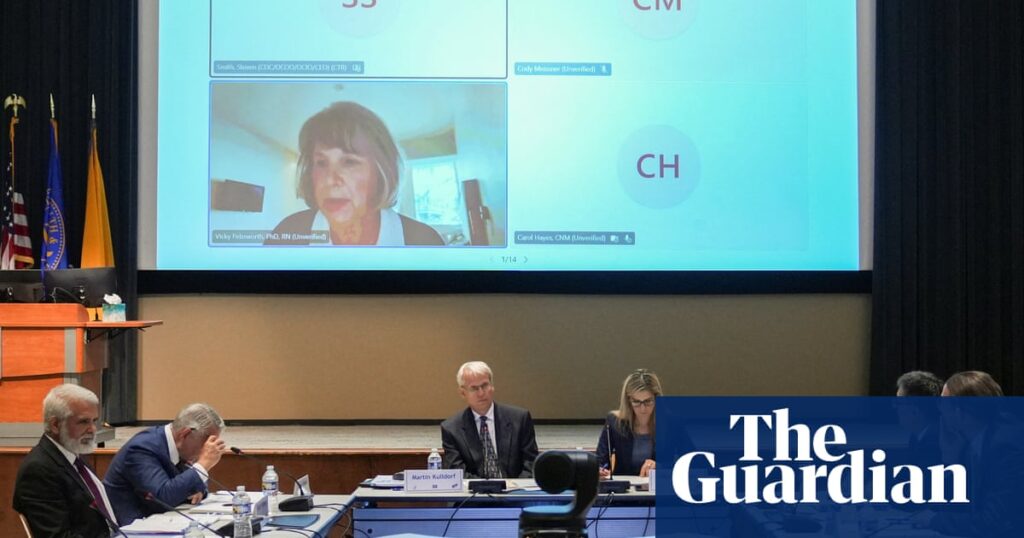
WASHINGTON, D.C. – In a significant move, Robert F. Kennedy Jr’s revamped vaccine advisory panel has recommended a new treatment to prevent respiratory syncytial virus (RSV) in infants. This decision comes shortly after the treatment, a monoclonal antibody named Clesrovimab, received approval from the Food and Drug Administration (FDA).
Immediate Impact
The advisory panel, formally known as the Centers for Disease Control and Prevention’s Advisory Committee on Immunization Practices (ACIP), plays a crucial role in shaping public health policy. The panel’s recommendation follows a contentious vote delayed by a day, marked by extensive debate among its seven new members, all appointed by Kennedy.
Key Details Emerge
The newly approved treatment, branded as Enflonsia by Merck, aims to protect infants from RSV, a leading cause of hospitalization in young children. The vote to recommend Clesrovimab was fraught with skepticism, particularly from Dr. Retsef Levi, a professor at the Massachusetts Institute of Technology, who expressed concerns over the data and voted against the recommendation.
“I think we need to ask ourselves what the parent would say given this data,” Dr. Retsef Levi stated during the panel discussion.
Industry Response
The medical community has been vocal about Kennedy’s decision to overhaul the ACIP, replacing its 17 members with his appointees. The meetings have become a focal point for scientific and medical communities, given the panel’s influence on vaccine distribution policies.
By the Numbers
RSV is responsible for hospitalizing 2% to 3% of infants in their first year, with most cases occurring in otherwise healthy children.
Prior to 2023, no long-acting prevention for RSV existed, making this development particularly noteworthy.
What Comes Next
The panel is set to tackle another controversial issue: the use of thimerosal in influenza vaccines. This preservative, removed from most childhood vaccines in the early 2000s, remains a point of contention among anti-vaccine advocates. The debate centers on whether its removal would necessitate more costly single-use vials, potentially limiting vaccine access.
Background Context
Kennedy’s decision to dismiss the original ACIP members in June, citing conflicts of interest, has sparked widespread condemnation. The panel now comprises seven members, following the resignation of Dr. Michael Ross after a government financial review revealed discrepancies in his credentials.
Expert Analysis
Experts argue that the timing of the RSV treatment recommendation is crucial. According to CDC deputy branch chief Adam McNeil, protecting infants in their first few months is vital, as this is when they are most vulnerable to RSV.
“Part of what we want to do is protect them when they’re most vulnerable,” McNeil emphasized.
Regional Implications
The decision to recommend Clesrovimab could significantly impact RSV hospitalization rates. In the 2024-2025 respiratory disease season, 57% of infants were shielded by either maternal vaccination or monoclonal antibodies, leading to a 30%-40% reduction in hospitalizations.
Timeline of Events
- June 2023: Kennedy dismisses original ACIP members.
- Two weeks ago: FDA approves Clesrovimab.
- Recent vote: Panel recommends Clesrovimab for infants.
The ongoing developments in vaccine recommendations highlight the dynamic nature of public health policy, with significant implications for future healthcare strategies.







